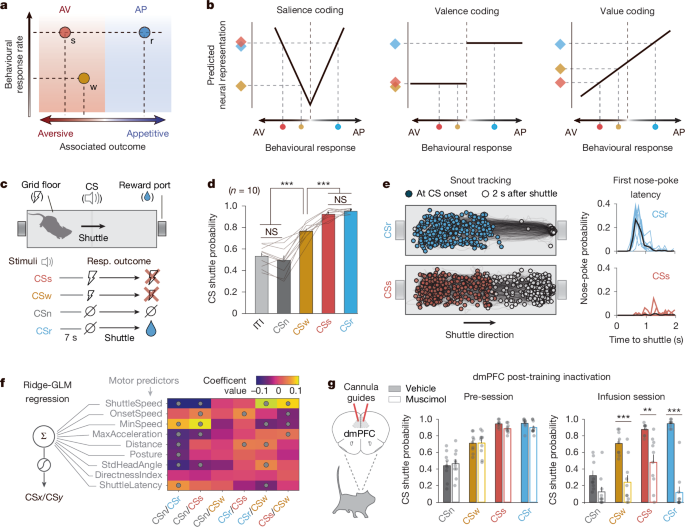Pearce, J. M. & Bouton, M. E. Theories of associative learning in animals. Annu. Rev. Psychol. 52, 111–139 (2001).
Google Scholar
Rolls, E. T. What are emotional states, and why…

Pearce, J. M. & Bouton, M. E. Theories of associative learning in animals. Annu. Rev. Psychol. 52, 111–139 (2001).
Google Scholar
Rolls, E. T. What are emotional states, and why…